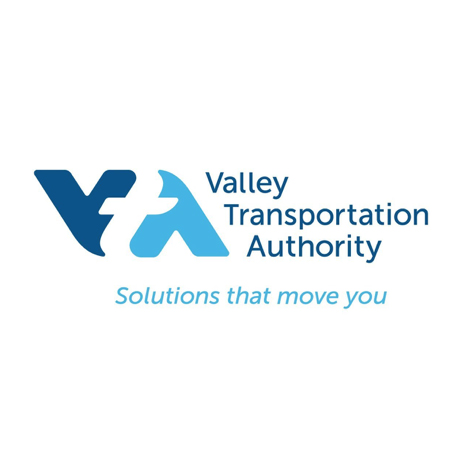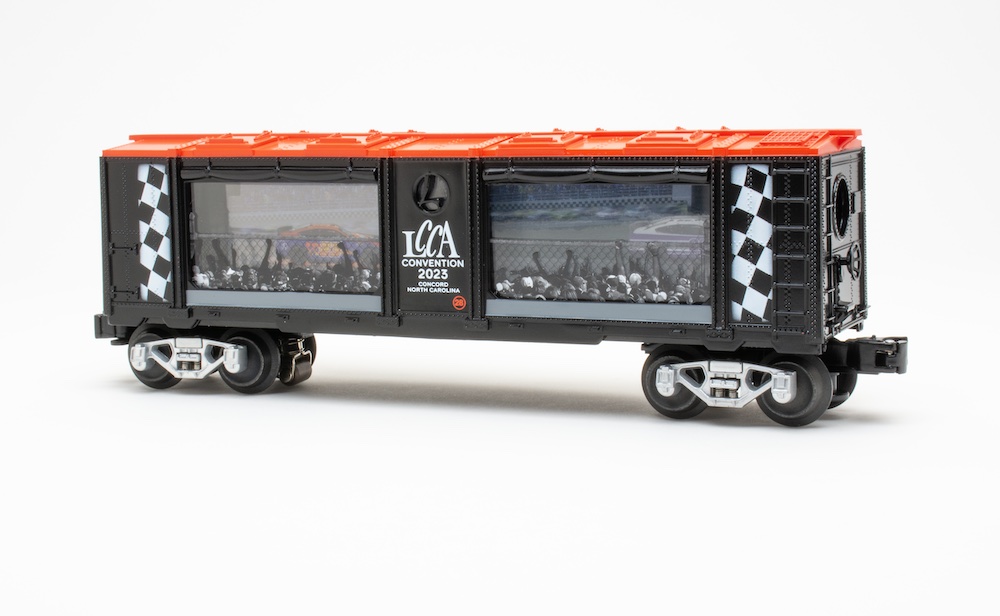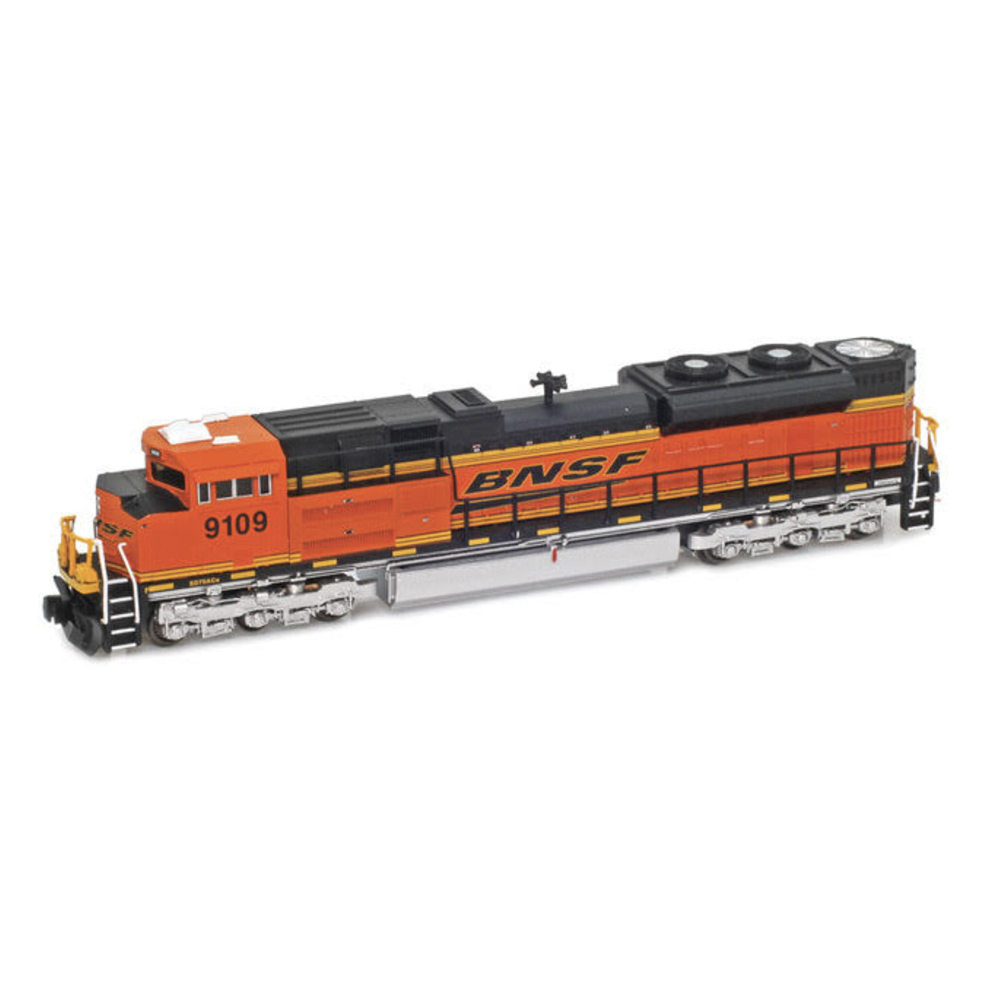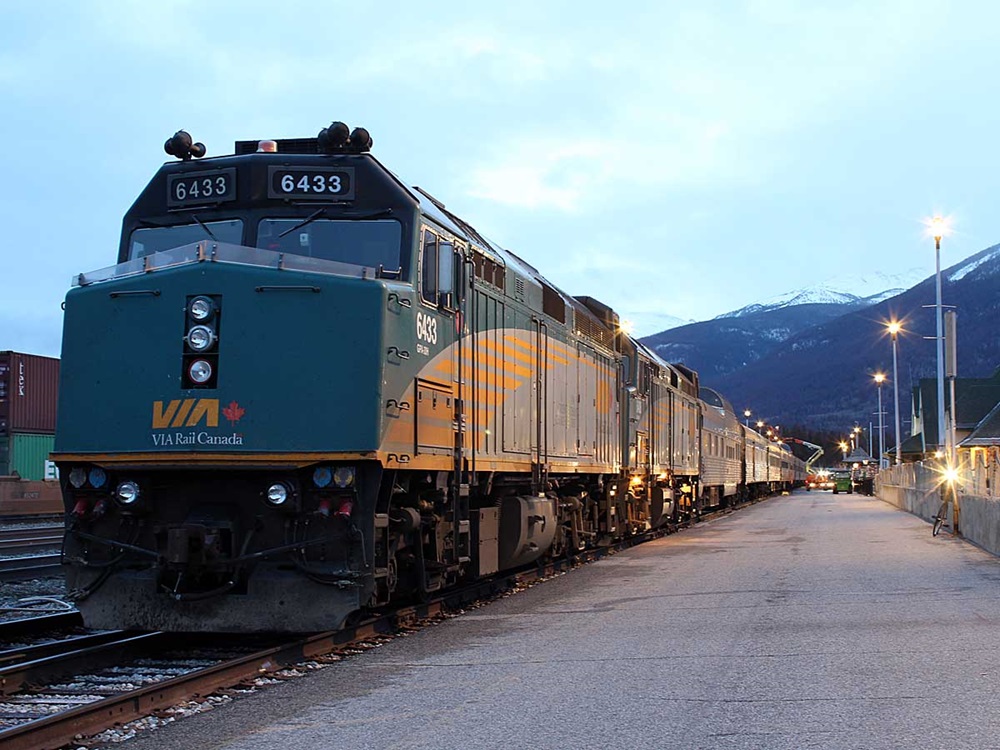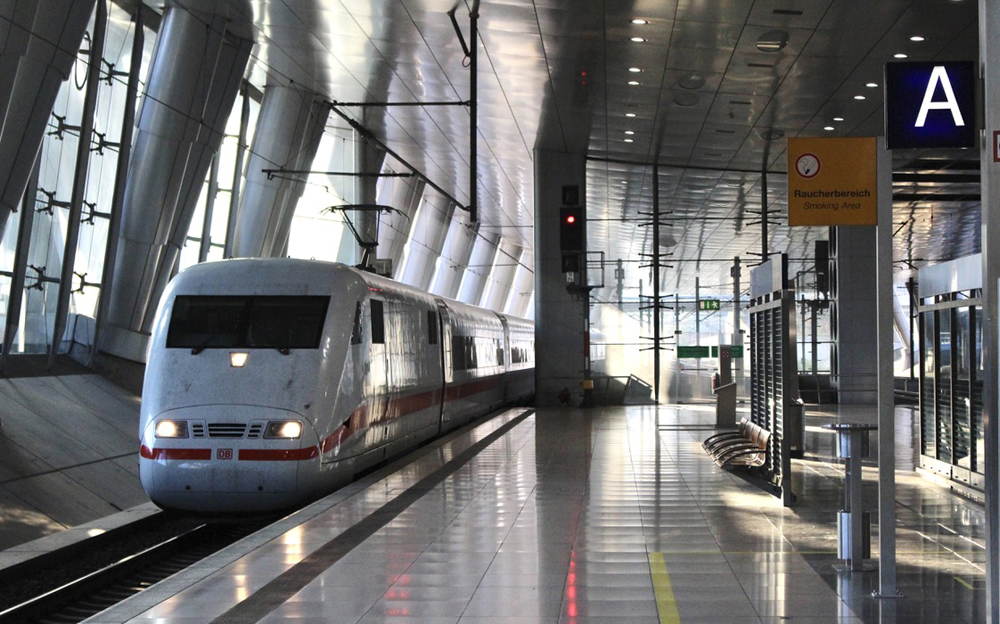
BERLIN — The CEO of German national railway Deutsche Bahn says the company needs some €150 billion ($170.5 billion) to upgrade and expand its rail network.
CEO Richard Lutz, in an interview with the news site T-online on Friday, April 18, said that €80 billion ($91 billion) would be used to address repairs and upgrades to the existing network; the rest would be used for measures such as building new routes or expanding stations.
The interview came as Lutz, CEO for eight years, faces calls for his replacement from Germany’s incoming government coalition. But he did not accept suggestions that he is the reason for DB’s problems.
“If I were the cause of the crisis, it could be resolved very easily and quickly. At its core, however, the crisis of the railways in Germany is an infrastructure crisis,” Lutz told T-online. “Our rail network is far too old, too prone to disruption, and too crowded. … The system is under enormous pressure; in many places, we’re beyond its capacity. Last year, we at least halted the further deterioration of the infrastructure.”
As broadcaster DW reports, Deutsche Bahn, once noted for its punctuality and efficiency, is now criticized for its unreliability, with just 62.5% of its high-speed and long-distance trains arriving within 6 minutes of of their scheduled arrival in January — a significant issue in a country where connections of 10 minutes or less are not uncommon. The company paid €197 million ($224 million) in passenger compensation for cancelled and delayed trains last year.
Lutz said traffic would need to be reduced by 10% to 20% on some lines and at the most congested hubs to ensure at least 80% of trains arrive on time. “But we aren’t doing that because it can’t be the solution,” he said.”… The only way forward is to continue building, renovating.”
His call for €150 billion in funding reflects plans by the incoming coalition government to allot €500 billion for infrastructure funding, as well as to streamline planning and approval processes.
“With the special fund for infrastructure, there is now long-term planning and financing security,” Lutz said, “meaning that the additional capacity can be built. This will be a great help to us and the entire rail and construction industry.”
Under current conditions, he said, the company’s goal is 65% to 70% on-time performance in 2025. “Until the network is extensively renovated,” he said, “it will remain a struggle in a partially heavily congested rail network with mixed traffic, where long-distance trains, regional trains, and freight wagons all run on the same tracks.” The company is planning ot build separate lines only for long-distance travel in some routes, but these are a decade away, he said. “Therefore, we must focus on renovating the existing network in the coming years.”
The company carried some 1.9 billion passengers in 2024, an increase of 1.6%, according to figures released last month. Punctuality declined to 62.5% from 64% the previous year. DB recorded an operating loss for the year of €333 million ($379 million).






